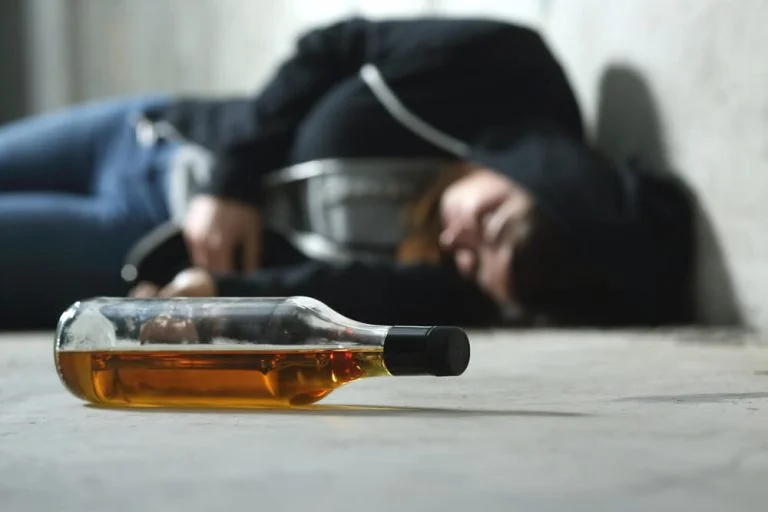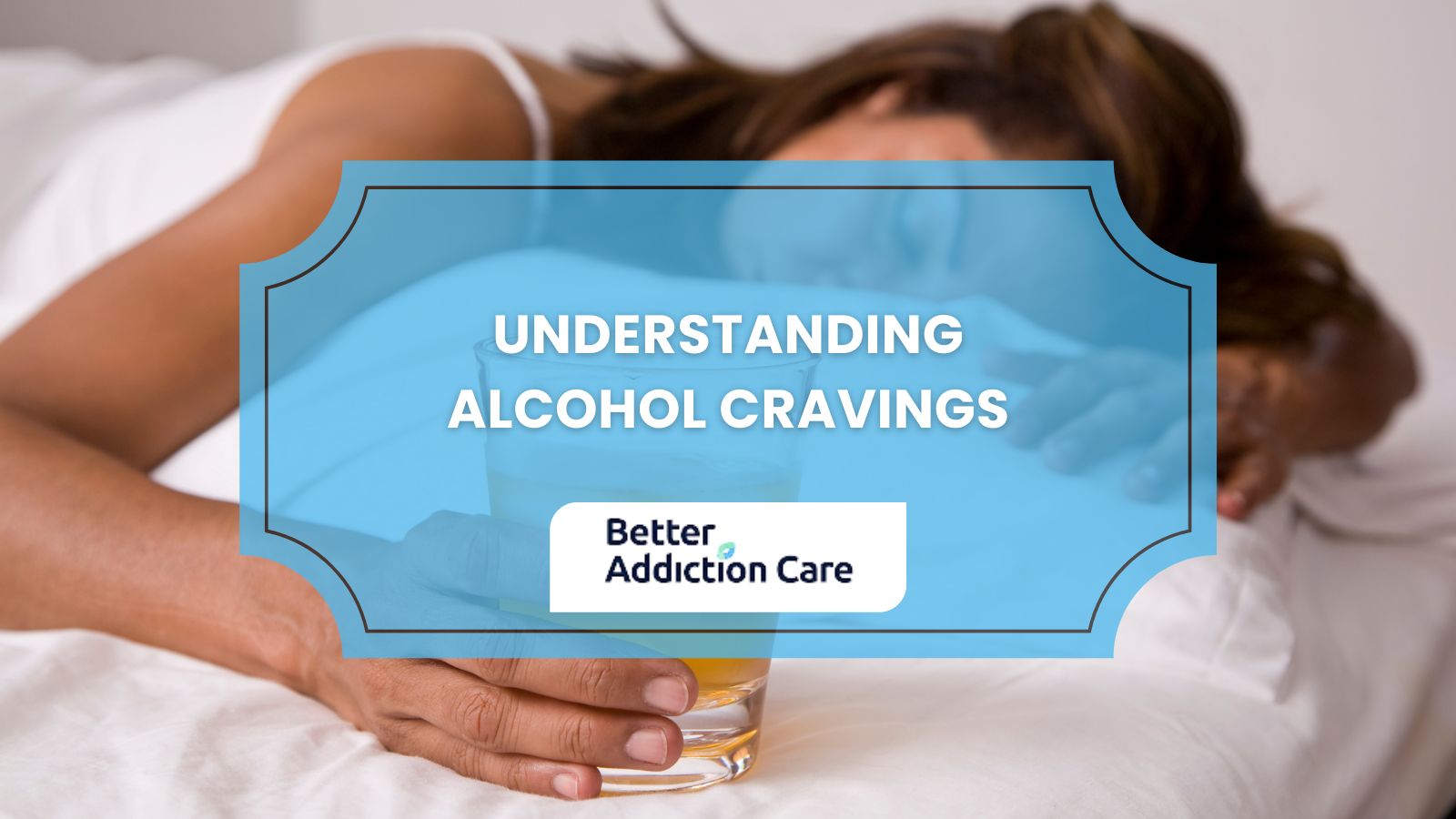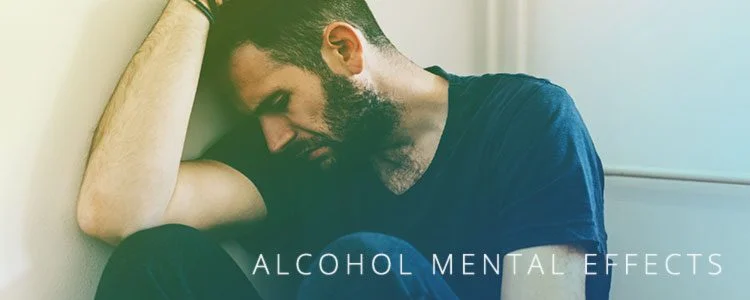Do You Know When to Go to Rehab for Alcohol?
Starting alcohol treatment is a big choice, usually motivated by an awareness of a problem with alcohol consumption compromising one's life, relationships, or health. When alcohol intake has become uncontrolled or when efforts at cutting back or quitting have failed, treatment is vital. Experiencing withdrawal symptoms while not drinking, constant cravings for alcohol, abandoning obligations or interests because of drinking, and ongoing usage despite negative effects indicate it could be time for treatment.

Selecting the right moment to enter rehab means realizing you need help and being prepared to commit yourself to the road of recovery. Seeking rehab is beneficial when you can fully participate in treatment without interruptions or distractions, such as during a break from work or another commitment. Rehab provides a supervised environment with medical and psychological support to help people safely detox, learn coping techniques, and address underlying issues that drive alcohol consumption. With the understanding that seeking help is a proactive step toward recovery and long-term well-being, the ultimate decision to attend rehab should be motivated by a desire to improve one's health and quality of life.
Is Rehab for Alcohol Important?
Yes, those suffering from alcoholism need alcohol treatment. Rehab provides a regulated and encouraging environment where patients may safely detoxify from alcohol under medical treatment. This approach is essential since, in some cases, alcohol withdrawal can be severe and even fatal.
Beyond detox, rehabilitation clinics provide extensive therapy and counseling to address the psychological, behavioral, and social elements of alcoholism. These therapies assist individuals in understanding the underlying causes of their addiction, developing coping methods, and learning ways to avoid relapse while providing professional and peer support.
Getting therapy for alcoholism will help you regain control of your life, repair damaged relationships, and improve both your physical and emotional health. Not only does rehabilitation equip patients with the resources and the drive they require for a sober and fulfilling future, but it also helps them through the challenging process of recovery.
What are Some Specific Signs of Addiction?
Understanding when professional assistance would be required depends on knowing particular indicators of addiction. Physical effects include higher tolerance -more alcohol is required to provide the same effect- as well as nausea, shivering, and sweating when not drinking. People may also overlook personal hygiene and show inexplicable medical concerns such as regular infections or liver diseases. Behavioral indicators include drinking in secret or lying about the quantity consumed, disregarding obligations at work, school, or home, and participating in risky behaviors when under the influence, such as driving or high-risk sex. People typically keep drinking and may also withdraw socially, separating themselves from friends and relatives even if there are bad repercussions.
Psychological indicators of addiction include strong alcohol cravings and utilizing it to help manage negative emotions or stress. Addicts may lose interest in once-favorite hobbies and go through mood swings, anxiety, or depression. Also, guilt or embarrassment over drinking are common and usually are combined with difficulty to stop.
Here is a summary of the warning signs:
|
Category |
Signs |
|
Physical Signs |
- Increased tolerance. - Withdrawal symptoms. - Neglect of personal hygiene and appearance. - Unexplained health issues. |
|
Behavioral Signs |
- Drinking in secret or lying about the amount consumed - Neglecting responsibilities. - Engaging in risky behaviors while under the influence. - Continuing to drink despite negative consequences. - Social withdrawal and isolation. |
|
Psychological Signs |
- Intense cravings for alcohol. - Using alcohol to cope with stress or emotions. - Mood swings, anxiety, or depression. - Loss of interest in activities once enjoyed. - Feeling guilty or ashamed about drinking. |
How Do I Know if I Need to Go to Rehab for Alcohol?
Several parts of your life and behavior need to be looked at to see if you need alcohol rehab. You losing control over your drinking is a big sign. This means you can't limit or control how much alcohol you drink. Physical problems that can occur when you drink alcohol, such as brain damage or liver damage, indicate that something must be done.
Alcohol has a tremendous effect on relationships. If your drinking is causing problems in your relationships with family, friends, or coworkers, it may be time to seek professional assistance. Workplace or educational issues could include poor performance, late deadlines, or disciplinary issues suggesting a need for rehabilitation.
If you try to stop drinking and show symptoms -including anxiety, shaking, or nausea- you could have physical dependency and need medical intervention. Moreover, repeated failed attempts to stop drinking on your own reiterates the need for a disciplined treatment program to reach and stay sober. At last, consider alcohol abuse as interfering with your life in several ways. In such scenario, getting treatment can offer the tools and support required to regain control and improve your general well-being.
Here is a summary of what could be disclosing that you need alcohol rehab:
|
Signs |
Description |
|
Loss of Control |
- Difficulty limiting alcohol consumption. - Failing to cut down despite efforts. |
|
Health Issues |
- Experiencing physical health problems related to alcohol use. |
|
Impact on Relationships |
Strain in relationships with family, friends, or colleagues due to drinking. |
|
Work or School Performance |
- Declining performance. - Missed deadlines. - Frequent absences related to alcohol use. |
|
Legal Issues |
Facing legal problems as a result of drinking. |
|
Withdrawal Symptoms |
Experiencing physical symptoms when not drinking. |
|
Failed Attempts to Quit |
Unsuccessful efforts to quit drinking on your own. |
|
Negative Consequences |
Overall, there is a negative impact on physical, emotional, social, or professional life due to alcohol use. |
Do People Around Me Know About My Alcohol Problem?
Those close to you could know about your alcohol problem and observe signs you do not know about in yourself. Others can see behavioral changes, including more concealment about your drinking, regular absenteeism from social or business events, and a clear drop in personal hygiene. Friends, relatives, and colleagues could also observe mood swings, irritability, or periods when you seem drunk in unsuitable or unanticipated events.
Moreover, those close to you often clearly see the consequences of alcohol abuse, like legal issues, bad job performance, or damaged relationships. People who care about you may have expressed worry or attempted to talk with you about your drinking habits. While it might be difficult to admit these findings, the awareness and concern of others around you can strongly indicate that it is time to get help. Recognizing these external viewpoints can help you realize your need for help and begin your recovery journey.
I Am Always Comparing My Drinking to Others… What Does This Mean?
Comparing your drinking to others all the time might indicate underlying problems with your alcohol intake. This behavior sometimes reflects your effort to reduce or explain the degree of your drinking issue. Finding cases of people who drink more or show more serious repercussions will help you to relax, knowing that your behavior is not as troublesome. However, this analogy may mislead you about alcohol's effects on your life and prevent you from taking responsibility for your drinking behavior.
Comparing your drinking habits to others may suggest an unwillingness to admit a problem. It can always help you rationalize your actions as being normal or suitable, thus avoiding facing the reality of your situation. Such a mindset can delay the search for help and finding solutions. Instead of comparing yourself to others, focus on your personal experiences and how alcohol impacts your health, relationships, and daily life. Understanding the support you require and working towards a healthier lifestyle relies on recognizing and modifying your personal drinking habits.
When Is A Good Moment to Go to Rehab for Alcohol?
When you notice your drinking is having a detrimental impact on your life and you are willing to commit to the recovery process, it is time to begin alcohol treatment. Important warning indicators include observing that your drinking is interfering with your everyday responsibilities and relationships, as well as experiencing alcohol-related health concerns, such as frequent illness or liver problems. Strong indicators that professional help is required are if you have tried to cut back on your own without success or if you are suffering withdrawal symptoms when not drinking.
It's also crucial to pick a moment when you can start the healing process. The beginning is important, but you do not want to start if you are dealing with other stressful situations since this would only get worse; the best option is always to wait for a moment in which you can take time for yourself and the recovery process. Having a support system -family and friends- can also help ease the change into recovery. The ideal time to start rehab is as soon as you admit that drinking alcohol causes issues in your life and you are ready to get treatment. Early intervention increases your chances of a good recovery and helps to stop more damage to your health.
Related Articles
Treatment Centers in New Jersey










